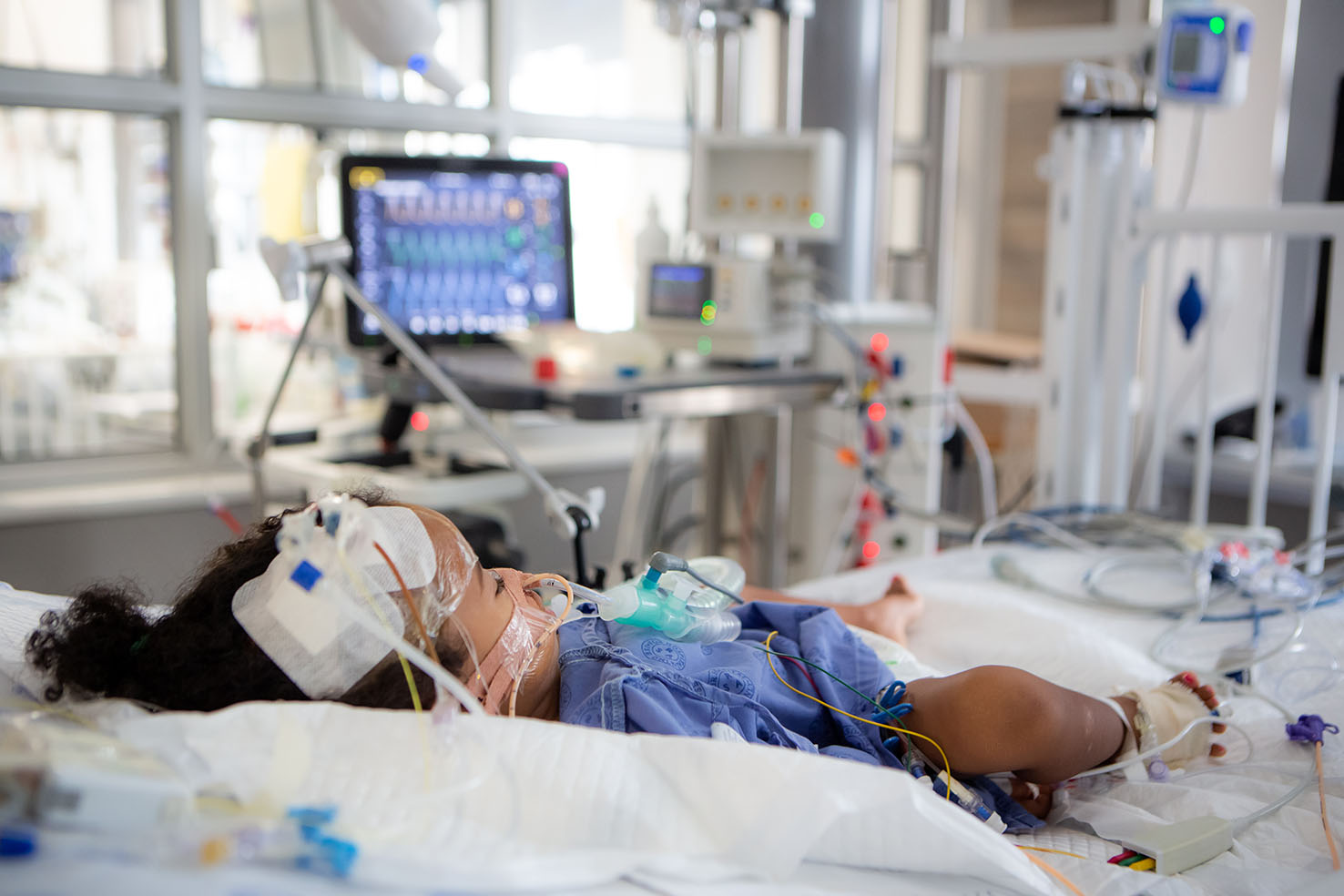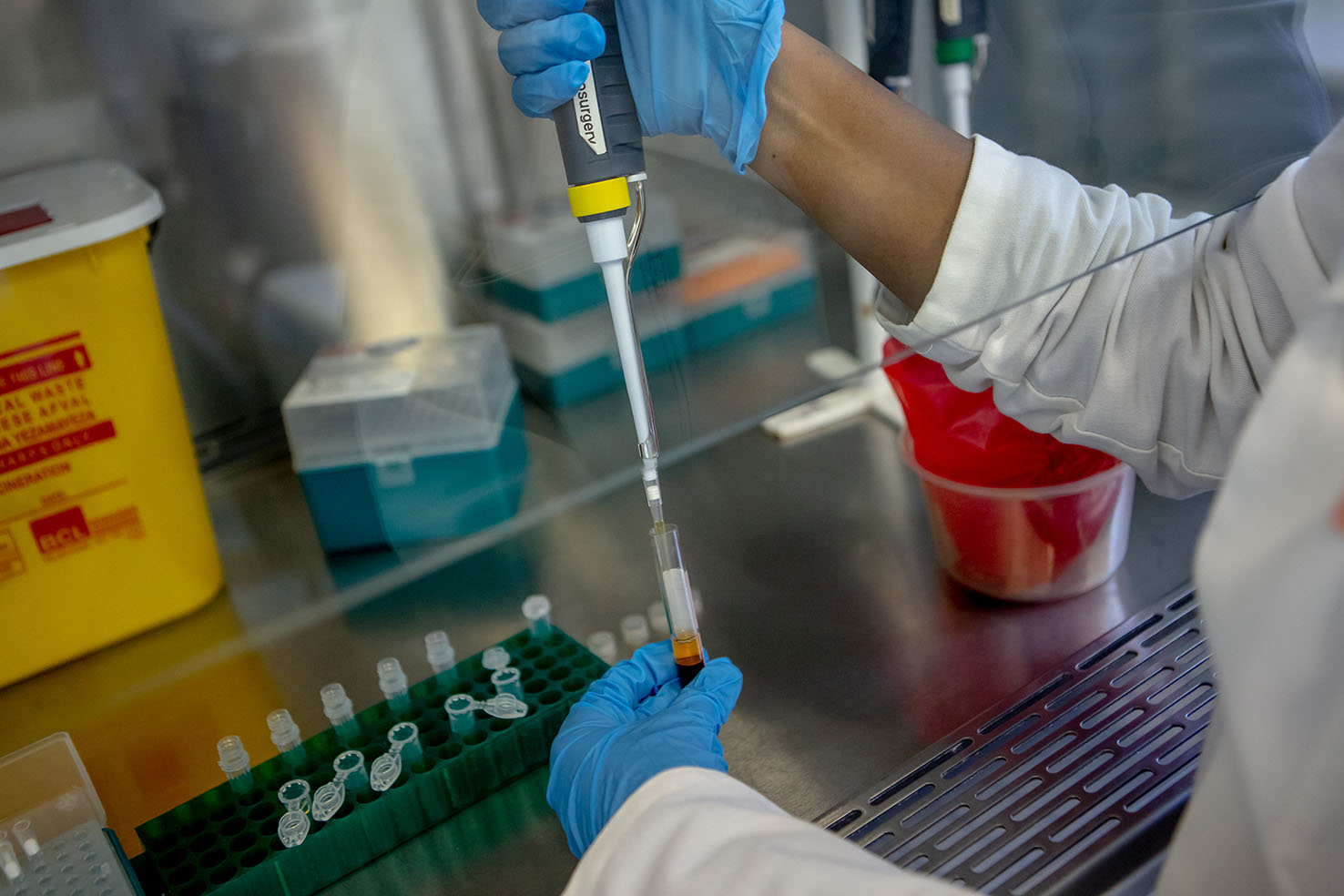
Mission and Vision
Our vision is an Africa where people achieve their full potential through brain health.
Our mission is to advance research, training, and advocacy through an interdisciplinary network of scientists and clinicians, sharing skills and expertise to improve lives and advance our understanding of the human brain.
Our home and heritage
The Neuroscience Institute (NI) was accredited as an interdisciplinary research institute by the University of Cape Town in 2015, building on a legacy of high-impact research programmes in the Faculty of Health Sciences. Jointly funded by the university, the provincial government, and philanthropic donors, the NI is situated on the Groote Schuur Hospital campus and is integrated with the hospital’s first-rate clinical platform. This includes the leading children’s hospital in Sub-Saharan Africa, the Red Cross War Memorial Children’s Hospital.
This inspirational setting attracts researchers and clinicians from across the region, building a global network addressing the brain-health priorities and challenges of the populations we serve. In aligning with UCT’s Vision 2030, and the United Nations Sustainable Development Goals (SDGs), we strive to be a world-class research institute, contributing to a better future for Africa’s people.

A space designed to serve and connect people and disciplines
Investigators and their students have access to exceptional clinical resources and state-of-the-art neuroscience methodologies through the NI, with a focus on innovation and mentorship. This is a vibrant interdisciplinary environment housing all relevant clinical disciplines, with shared facilities such as clinics, meeting venues, postgraduate student workspaces, as well as a dedicated research neuroimaging suite that includes both 3T MRI and PET-CT.
We have an established platform for specialised training programmes in the clinical neuro-disciplines. In addition, we have expanding capacity for molecular diagnoses and genomics, a newly-established brain bank (with an adjacent biorepository), and two new laboratories for neuroscience research and innovation.
